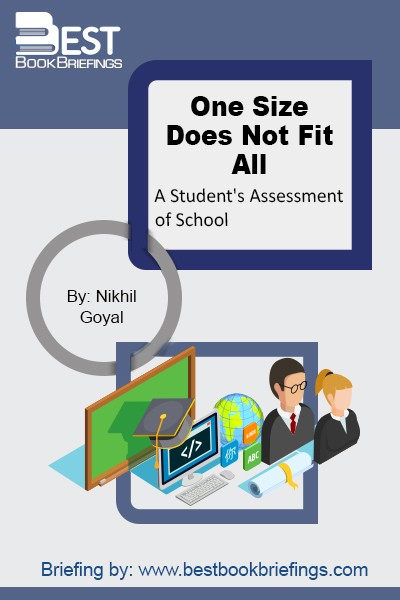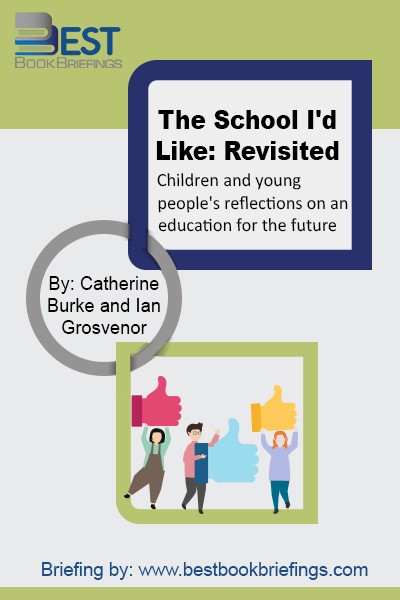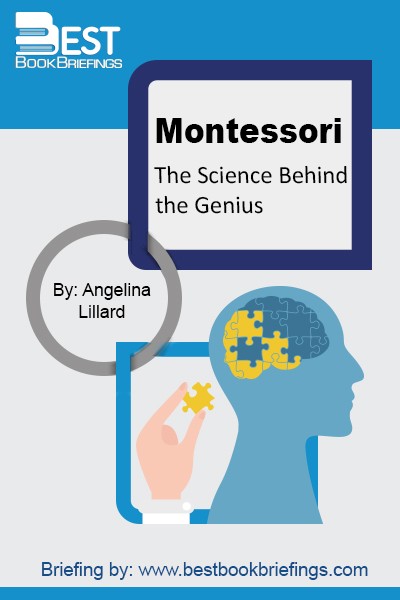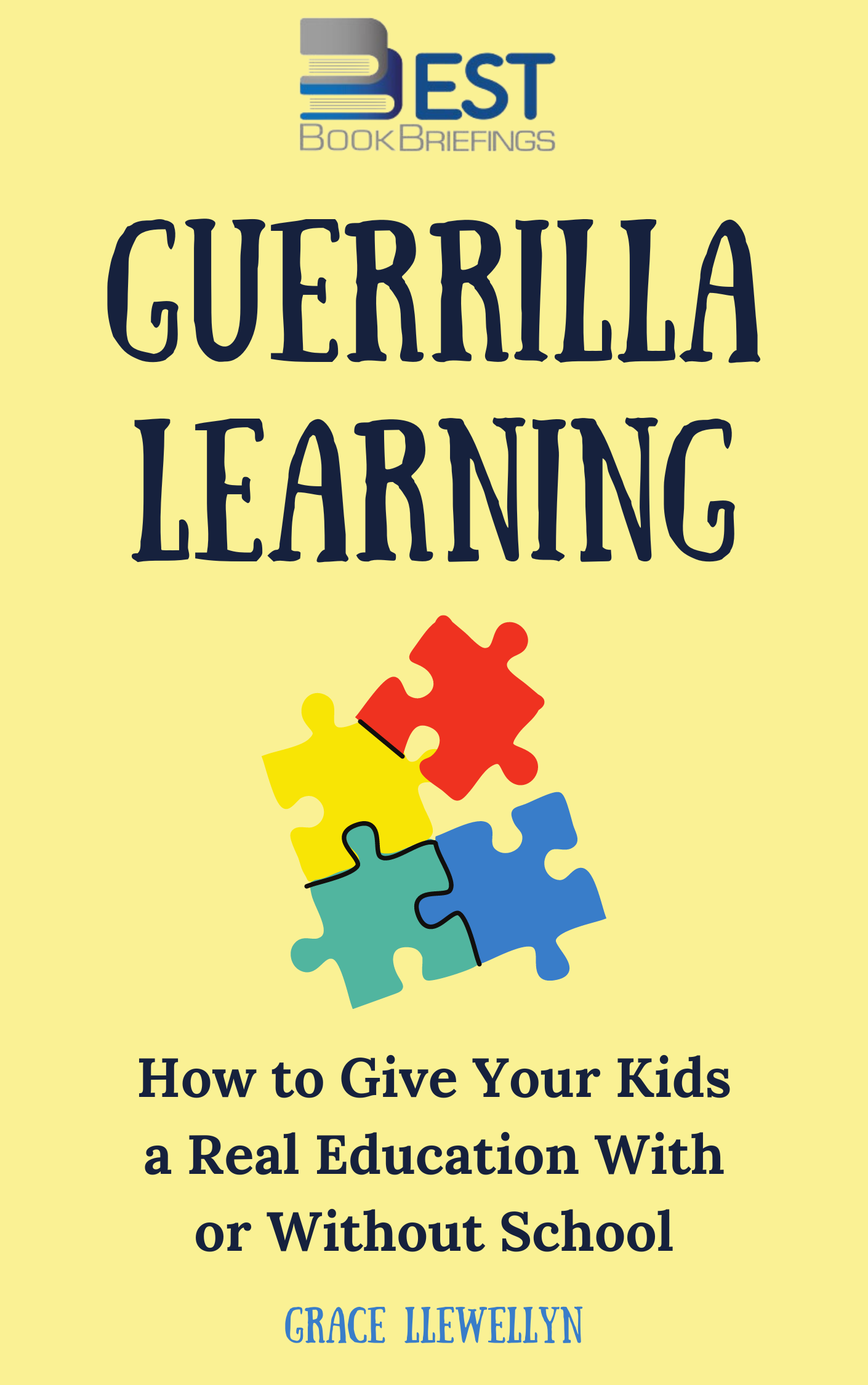Guerrilla Learning
How to Give Your Kids a Real Education With or Without School
Number of pages: 224
Publisher: Trade Paper Press
BBB Library: Education, Parenting
ISBN: 978-0471349600
Editorial Review
Let your daughter read her library books instead of finishing her homework. Ask your eleven-year-old's beloved third-grade teacher to comment on his poetry. Invite a massage therapist to dinner because your daughter wants to go to massage school instead of college. Give your child the freedom to pursue his interests, develop her strengths, cultivate self-discipline, and discover the joy of learning throughout life. If you've ever felt that your child wasn't flourishing in school or simply needs something the professionals aren't supplying, you're ready to become a guerrilla educator. Revolutionary and inspiring, Guerrilla Learning explains what's wrong (and what's useful) about our traditional schools and shows you how to take charge of your family's education to raise thinking, creative young people despite the constraints of traditional schooling. Filled with fun and exciting exercises and projects to do with children of all ages, this remarkable approach to childhood, education, and life will help you release your child's innate abilities and empower him or her in the wider world that awaits beyond the school walls.
Book Reviews
Books on Related Topics

This book tackles the development of the education model and the reasons why students don't like schools. The education model is teacher-focused, one-size-fits-all, and the student is isolated in the learning process. Yet the students, who have grown up in an interactive digital world, learn differently. Schooled on Google and Wikipedia,

In 2001, The Guardian newspaper launched a competition called “The School I’d Like”. The initiative posed what seemed like a natural and appropriate question at the turn of the new century inviting children of school age to tell how they might change education and their experience of schooling for the better. From

One hundred years ago, Maria Montessori, the first female physician in Italy, devised a very different method of educating children, based on her observations of how they naturally learn. In Montessori, Angeline Stoll Lillard shows that science has finally caught up with Maria Montessori. Lillard presents the research behind eight insights that



